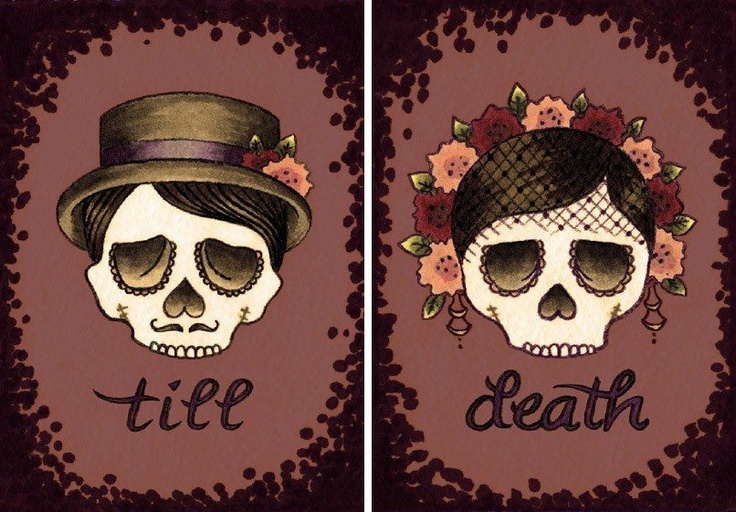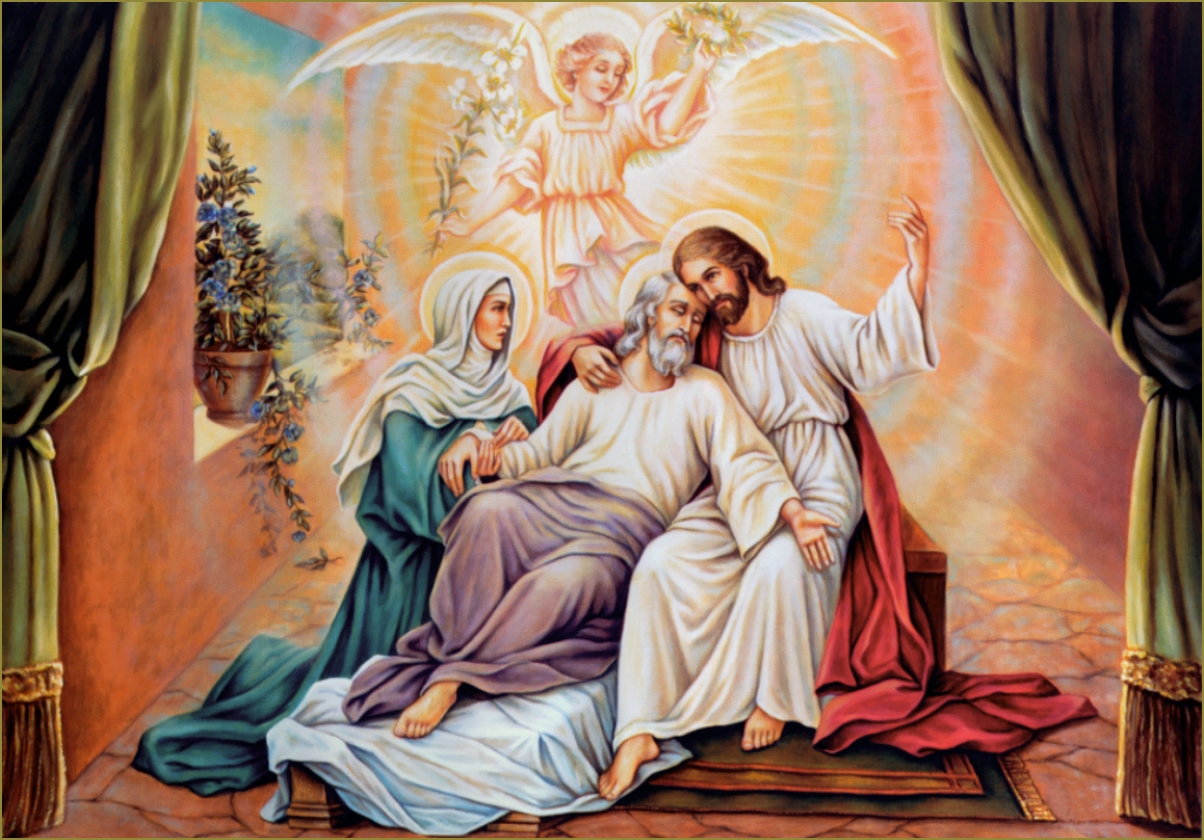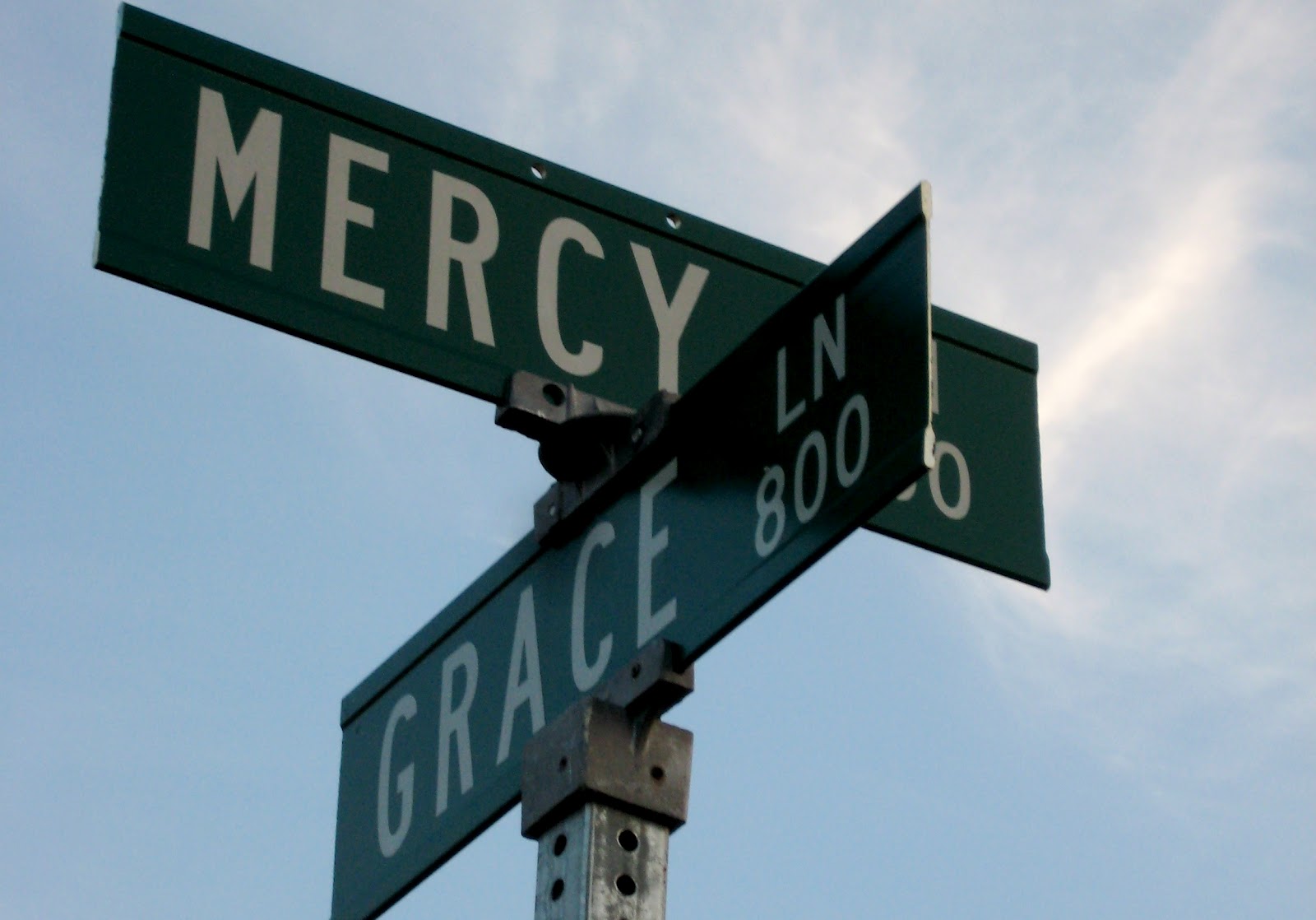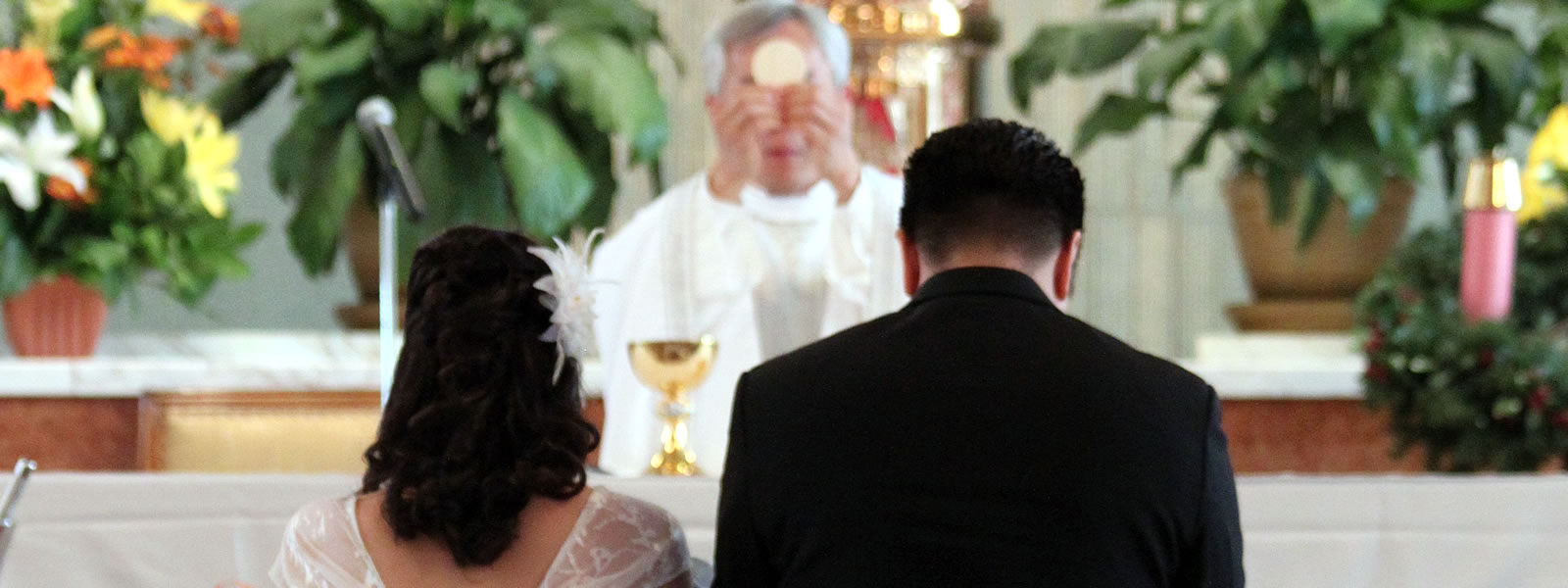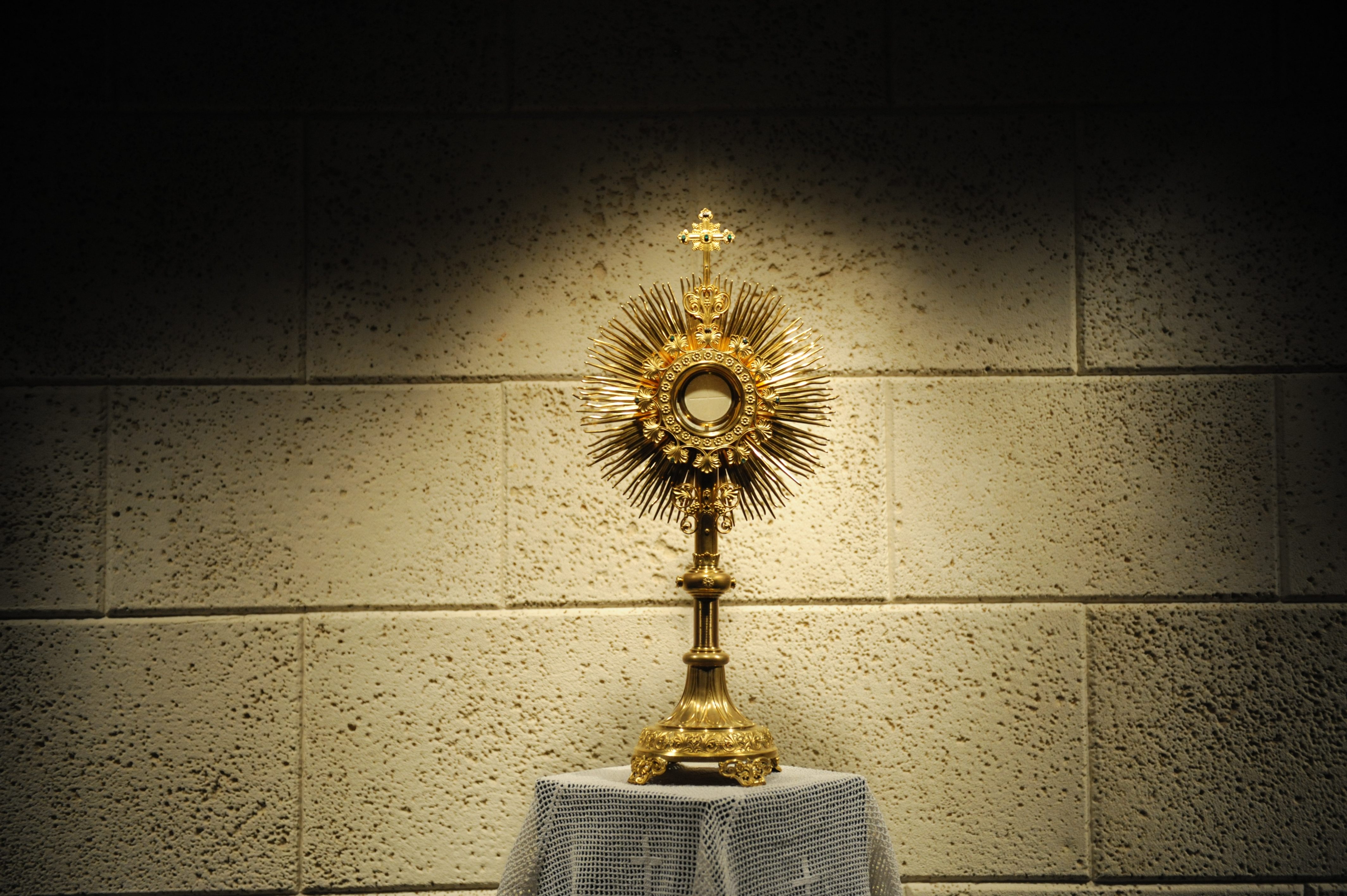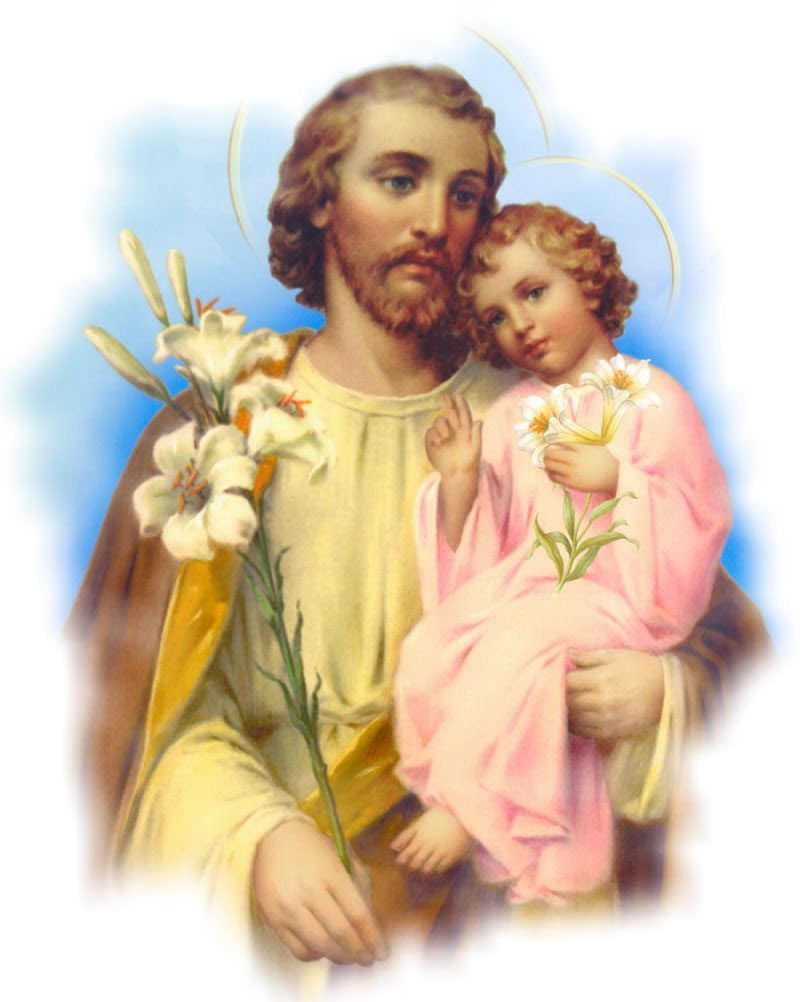“Learn to do thy part and leave the rest to heaven.” -Bl. John Henry Newman
Mt 23:23-24
-from the New St Thomas Institute blog:
May 29, 2015 at 10:07 pm #12091

Caleb Payne
Member
“I need some help. 1st, I’m tired of being scandalized. 2nd, I’m not sure I completely understand why there is an apparent disconnect between Catholic belief and Catholic practice, especially in the liturgy. Maybe I’m missing something, someone help.
I’ll make the story short. Three teens from our parish driving on the highway, freak accident, two dead, one in hospital. Tragic, very tragic. Two were in my confirmation class. One was just baptized, confirmed, and received into the Church after a year of RCIA. Funeral Mass. Huge, never seen the church so packed. Many high school students. Liturgy begins. It is apparent that most there do not know what to do, so priest gives brief directions (i.e. kneel, stand, etc.). Liturgy of the Eucharist. Communion. I begin to notice that many people are going up. Many are standing in front of the Eucharistic ministers grabbing the hosts, nibbling on them, spitting them out, shrugging their shoulders…they clearly have no clue what they are doing. I also notice that some large groups do not go forward, even after the ushers pass them, so then the ushers go up to them and prompt them to please go forward to receive Communion. To make a long story short the majority of the people went up for Communion, but it was clear that the majority of people there were not Catholic. I was very saddened by this. The teen we celebrated waited one year until she was Baptized, Confirmed and received her first Communion, and yet here the message was any one can go forward. To top it off, my daughter, who was altar serving, says to my wife that she could tell many clearly did not know what they were doing and even related one incident in which someone asked the deacon, “what am I supposed to do with this?” and He just replied, “Eat it.”
So very concerned, I approached our priest this morning after Mass. I acknowledged how tragic the deaths were, and then I asked him this question, “could we possibly say during the next funeral Mass (which was this afternoon for the second teen who had died and was just as big), ‘now those who are Catholic may come forward for Holy Communion’?” He of course understood what I referring to, but said that he does not feel anything should be said. He said he has heard both extremes, priests clearly saying anyone is welcome…which he acknowledged is wrong, and other priests saying things like I suggested but which he felt was too harsh. He said he didn’t want to write off my concern and said he would think about it, maybe possibly another avenue, but he was clear he would not say anything. So, long story short the same thing happened this afternoon. Pretty much anyone and everyone came forward for Communion (and there was maybe 800-1000 people there, half high school kids).
And the silence is killing me. The silence. And people are starving for Truth. But they are like clouds without rain.
And there have been omissions from the order of the Mass, portions which are supposed to be there are not sometimes. Maybe I don’t completely understand the rubrics. Omissions. In the liturgy, in the homilies. I mean a Gospel is read, and the main point of it is completely glossed over, or completely omitted in the homily.
Please pray.
Now my question: This is an issue that cannot be solved over night and a lot of people are probably going to have different opinions on how to go about it. But in a situation where it is clearly obvious that there is a significant portion of Mass attendees who are not Catholic, whose responsibility is it make sure they are informed on what they should or should not do? The priest? The deacon? The Eucharist ministers? The ushers? What should be done?”
May 29, 2015 at 10:38 pm #12092

Foster Scott
Member
“Ultimate responsibility in the parish falls on the parish priest. You should write to your bishop to let him know what’s going on. First recount the facts and only the facts. Then let him know why it bothers you that the priest denies people the information they need to know whether they are in a state of grace to take communion.
The Church is an army. The priests are its officers, and the laity must respect the office of the priests, just as Jesus told the people to respect the office of the Pharisees in his own day. Unfortunately, only a priest can directly solve the problem, but you can help by denying the Parish your money and tithing elsewhere, and by informing the Bishop. You also might consider attending a different Parish.”
May 30, 2015 at 12:16 am #12093

Matthew M
Member
“Peace, Caleb. Peace. Let God be God. Refrain, as a healthy, holy mortification from straining anything less than a camel. Mt 23:24.”
May 30, 2015 at 9:35 am #12095

John K
Member
“Mathew I appreciate what you are saying, but I believe this is a huge camel. It shows great disrespect to our Lord in the Blessed Sacrament. I don’t think God will hold those young people accountable, because they partook in ignorance, but I think the priest is endangering his own soul by treating the Eucharist in such a shoddy fashion. I would definitely go to the bishop. It’s not something to do out of anger but out of charity both for the priest and those partaking who shouldn’t be.”
May 30, 2015 at 10:08 am #12096

Matthew M
Member
“John K, I appreciate what you are saying. I have learned the wisdom of beginning everything in life with, “YOU are God, and I am not!” It puts everything into perspective and right proportion, I have found, and informs me, I trust through the Holy Spirit, how much I should react and to what degree. I think the example presented is a time for welcome, compassion, and mercy, dear God hopefully not for a scene which leaves a bitter taste in the mouths, literally, of those so said ingnorati. I would let Jesus worry about who is worthy to receive and who receives worthily Himself. I, for my part, place my efforts at listening to Him ever more intently. “Speak, Lord. Your servant is listening.” 1 Sam 3:10.
I would caution, gently, about rushing to conclusion on the priest’s intention, motivation, or thought process with regards to this event, before sentencing. Even priests, in the real world, have to choose greater and lesser priorities. I doubt it ruins Jesus’ day. He’s God. Let God be God. Peace, blessings, and prayers, always.”
May 30, 2015 at 10:57 am #12097

John K
Member
“Mathew where are Mark and Luke?
I am not sentencing anyone. Nor do I think that explaining Holy Communion is meant only for Catholics needs to be done in a harsh or unkind manner.
I am not attempting to play God. I am simply going by what has been taught by sacred scripture, the tradition of the Church and by the magisterium. I am also pointing out that this is no light matter. The Blessed Eucharist is the holiest thing in the world. St. Paul warns about receiving the Eucharist in an unworthy manner, going so far as to say they eat and drink damnation to themselves.
As I said above, I don’t believe God is going to condemn people who partake unknowingly. However it is clearly a major responsibility of a priest to try to prevent people from receiving unworthily. For example, if there were a person who was excommunicated for teaching heresy and refusing to submit to the Church’s teaching, a priest who saw him approach to receive the Eucharist, would be obligated to refuse him.
The Eucharist is holy. There’s clear Church teaching on who can and cannot receive. This is the Body, Blood, Soul and Divinity of the Son of God. It is to be treated with the utmost respect and administered properly, not just given to people who don’t even realize what it is.”
May 30, 2015 at 12:46 pm #12099

Foster Scott
Member
“Is there anything in canon law governing what the priest should say and do in this scenario?”
May 30, 2015 at 2:26 pm #12100

Mary
Member
“This happens all too often, and the priest, by saying nothing, brings condemnation on those who receive unworthily. If they truly don’t know any better, than THEY are not at fault.
But that priest….may God have mercy on him, not only for his disrespect for our Eucharistic Lord, but also for allowing others to receive unworthily, and just as badly, scandalizing the Faithful by this public act.
I hope you persist in raising this issue. It will bring you a lot of grief from the Church of Nice folks, but you are in the right here.
May God have mercy on us all for the abominations done against Him.”
May 30, 2015 at 2:49 pm #12101

John K
Member
“Here’s an article discussing canon law. It is focused on whether socalled pro-choice politicians should be admitted to communion:
https://www.ewtn.com/library/CANONLAW/burkcompol.htm”
May 30, 2015 at 2:59 pm #12103

Matthew M
Member
“Foster, very fair question. I think you might find this article helpful. I think it is balanced, and I have a profound respect for Catholic Answers: http://www.catholic.com/blog/michelle-arnold/non-catholics-in-the-communion-line
I would also recommend an examen of conscience, in a healthy, holy, and joyful way to guard against the grave sin of scrupulosity. I have written about it here on my blog: https://soul-candy.info/2015/02/scrupulosity/. Above all, avoid Catholics who too, too much resemble scribes and Pharisees with their mint, their dill, their cumin, and their gnats. His peace and grace.”
FOR THE LAST TIME, CATHOLICS!!!!, and sadly yet, I so know how much it won’t be, IT IS NOT A PRIZE OR A WEAPON!!!! It IS medicine for the sick of heart and soul. Mk 2:17
Mt 9:13
A New Serenity Prayer
God, grant me the serenity
to accept the people I cannot change,
which is pretty much everyone,
since I’m clearly not you, God.
At least not the last time I checked.
And while you’re at it, God,
please give me the courage
to change what I need to change about myself,
which is frankly a lot, since, once again,
I’m not you, which means I’m not perfect.
It’s better for me to focus on changing myself
than to worry about changing other people,
who, as you’ll no doubt remember me saying,
I can’t change anyway.
Finally, give me the wisdom to just shut up
whenever I think that I’m clearly smarter
than everyone else in the room,
that no one knows what they’re talking about except me,
or that I alone have all the answers.
Basically, God,
grant me the wisdom
to remember that I’m
not You.
Amen.
-Rev. James Martin, SJ
I am always concerned when Catholics start sounding pharisaical. While not throwing pearls before swine is appropriate, the Eucharist is neither a prize nor a weapon, nor ever should be. It is medicine, for the sick of heart and soul.
I am trying to recall the Gospel story where the sinner approaches Jesus and He says, “Get behind Me!!! YOU ARE NOT WORTHY!!!” Oh, yeah. Now, I remember. It wasn’t the prostitutes, the tax collectors, or the pagans He said this to. It was the first Pope, the first Bishops, the religious leaders. Yeah, that’s right. Now, I remember. The self-righteous, those are they who are unworthy to receive Him. Yep. Perfect.
Love,
Matthew

